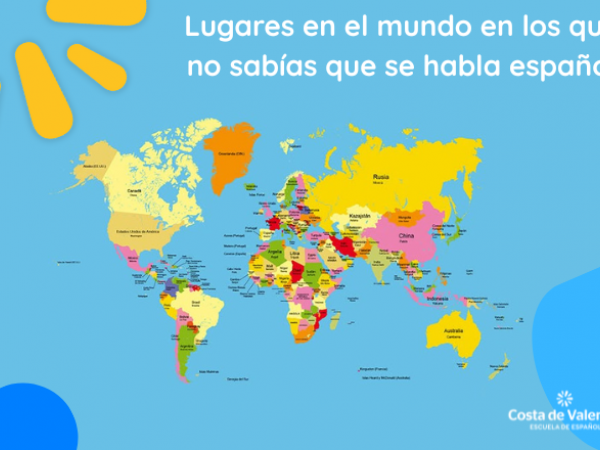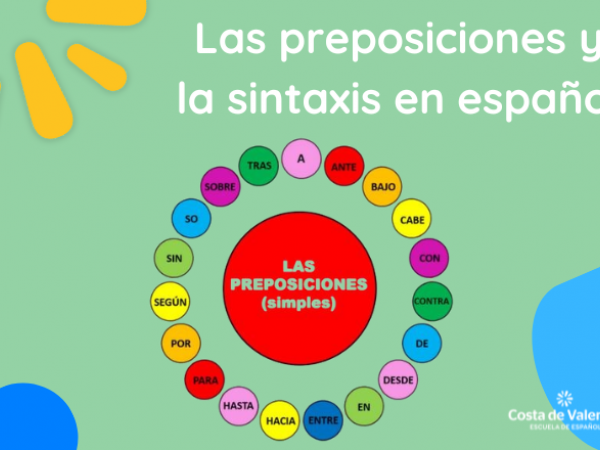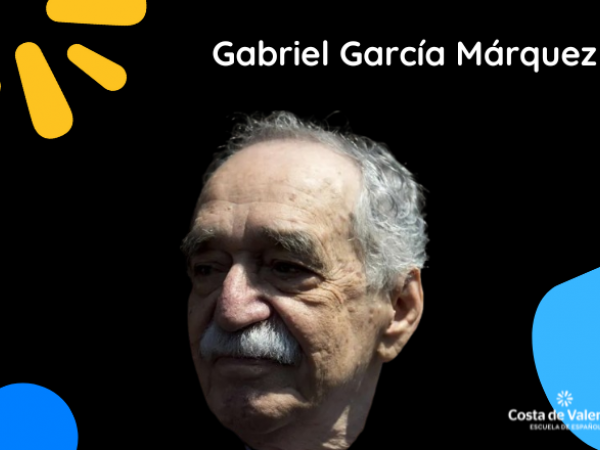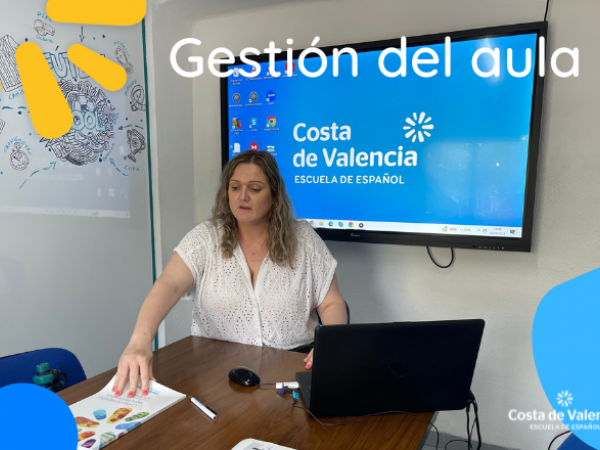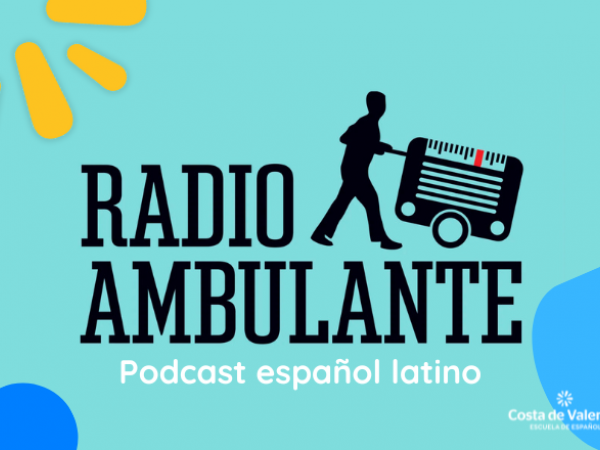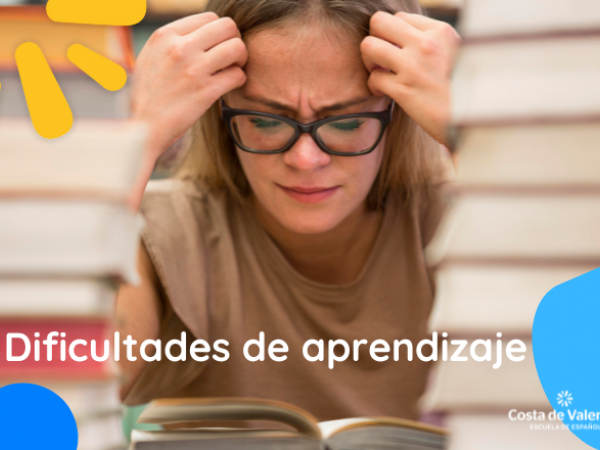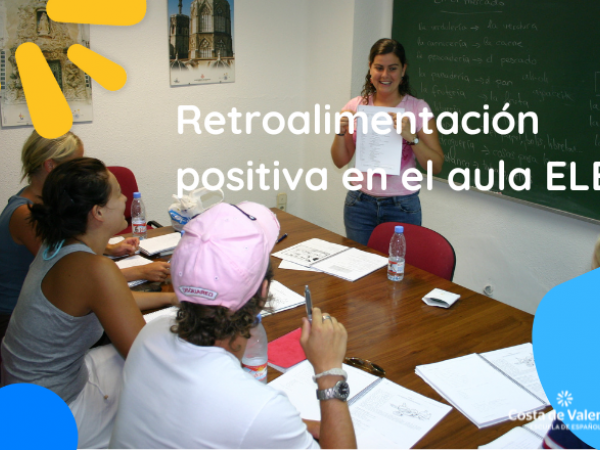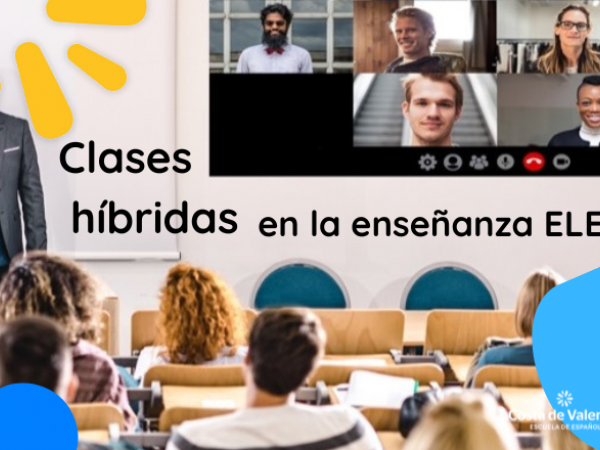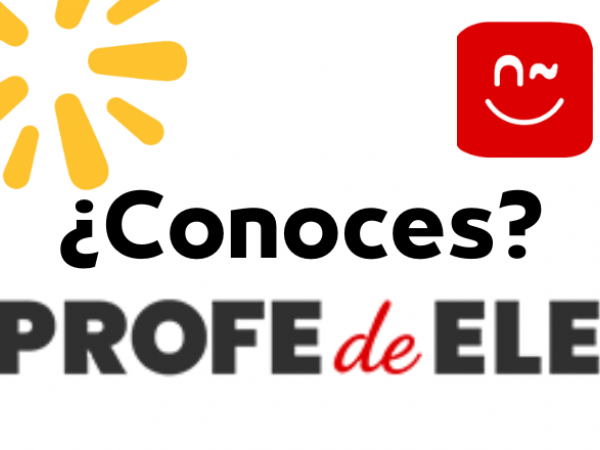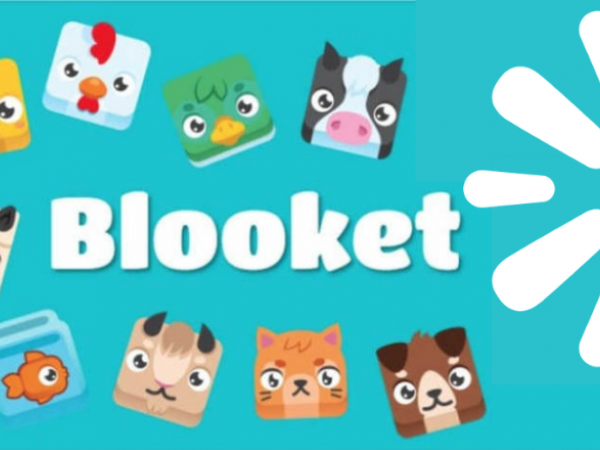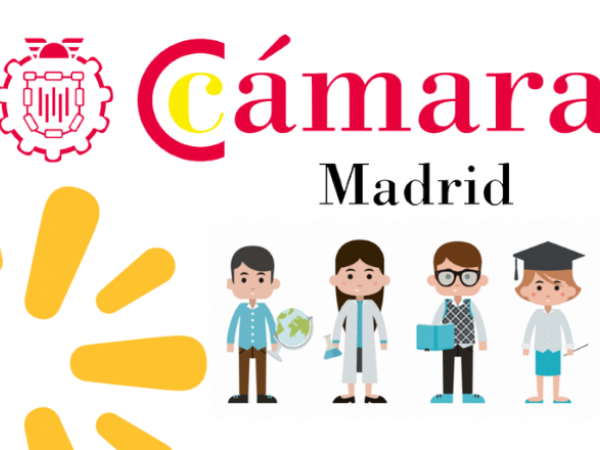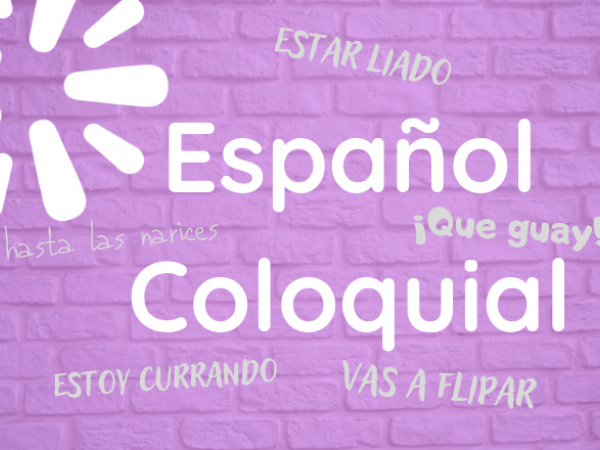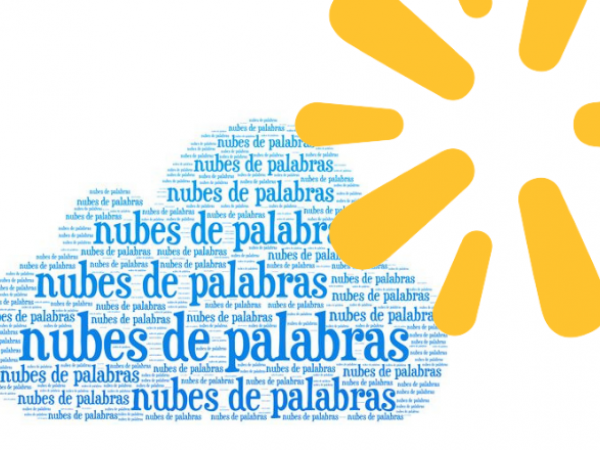Promoting oral expression in the ELE classroom
Promoting oral expression in the ELE classroom
Why do I understand and apply the grammar without any problem in the exercises in my book but find it so difficult to speak? How many times have you heard this question in class? Many of our students are confronted with this type of question on a daily basis and it sometimes creates frustration and discomfort. Some have been studying the language for many years in their schools, universities, training centres, but have problems when faced with a real conversation while travelling.
It's not easy to speak Spanish, why can't I understand and make myself understood, what's the problem? The answer to these questions is not easy, because when we speak we need to order our thoughts quickly in order to be coherent, to make ourselves understood and at the same time we have to use the correct grammar and the right lexicon, that is, an endless number of factors that our students have to take into account when speaking.
Spanish teachers have a difficult task in each of our lessons because we not only have to teach vocabulary and grammatical structures but we also have to make our students speak and put into practice everything they have learnt, and most importantly we have to make them feel that they are speaking, feel at ease and increase their self-esteem and therefore their confidence in using the language orally.
So how can we help them to improve? In addition to promoting communicative situations in the classroom that help us to work on the lexical or grammatical aspects that we are studying in class, we can also offer them activities, resources, ideas, websites, apps that help them to work independently outside the classroom.
You can find help on the following pages:
- Participate in exchanges with native speakers (tandem), which are free of charge and take place in many cities.
- Take maintenance Spanish courses (1 h - 3 h per week) if possible in your city or, failing that, take classes via Skype on a regular basis.
- Listen to adapted podcasts. In this regard, we recommend the following websites:
- https://www.practicaespanol.com/ (site with current news that can be read, there are also videos and there are activities to practice)
- https://podcastfromspain.com/category/audios-abiertos/
- There are, in turn, different Apps dedicated to the practice of languages that the student can also access to maintain contact with the language, such as:
- https://www.italki.com/partners (You can subscribe and then find a partner for online language exchanges)
- Hello Talk (An application for iPhone and Android that allows you to chat and send voice messages via Whatsapp with native speakers).
We will tell you more about these applications in the future.
Always remember that, before doing any oral activity, we must give our students the necessary elements to make communication as effective as possible, for example, lists of words organised by categories or lexical families or offer them the grammatical structures they will need.
There are many activities we can do to encourage speaking in the classroom so that our students can improve as well, some of them are:
- activities based on questions and answers,
- dramatisations,
- real-life situations,
- images,
- texts,
- language games,
- encouraging spontaneous communication.
It is difficult to speak perfectly, but with daily practice, perseverance, dedication and a lot of motivation, it is possible, so let's help our students to achieve it!





